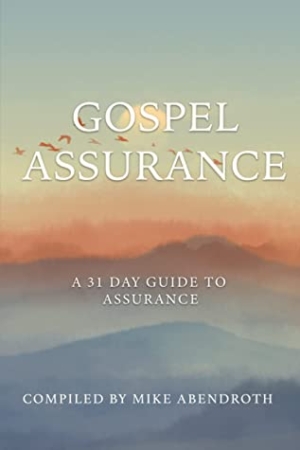Geerhardus Vos: Reformed biblical theologian, academic, churchman, son, husband, father, professor, colleague, poet, Christian. Danny Olinger’s biography Geerhardus Vos: Reformed Biblical Theologian, Confessional Presbyterian is a recommended read for pastors, students, and lay people. For pastors, particularly of the Reformed persuasion, this . . . Continue reading →
Heidelminicast: Belgic Confession Art. 31—Christ, Our Prophet, Priest, And King Instituted Three Offices In The Church: Pastor, Elder, And Deacon
The Belgic Confession was written by a Reformed pastor, Guy de Bres (1522–1567), who adopted the Reformed faith as a young man and studied with several Reformed luminaries, including John Calvin, before serving as a pastor, church planter, and chaplain France and . . . Continue reading →










